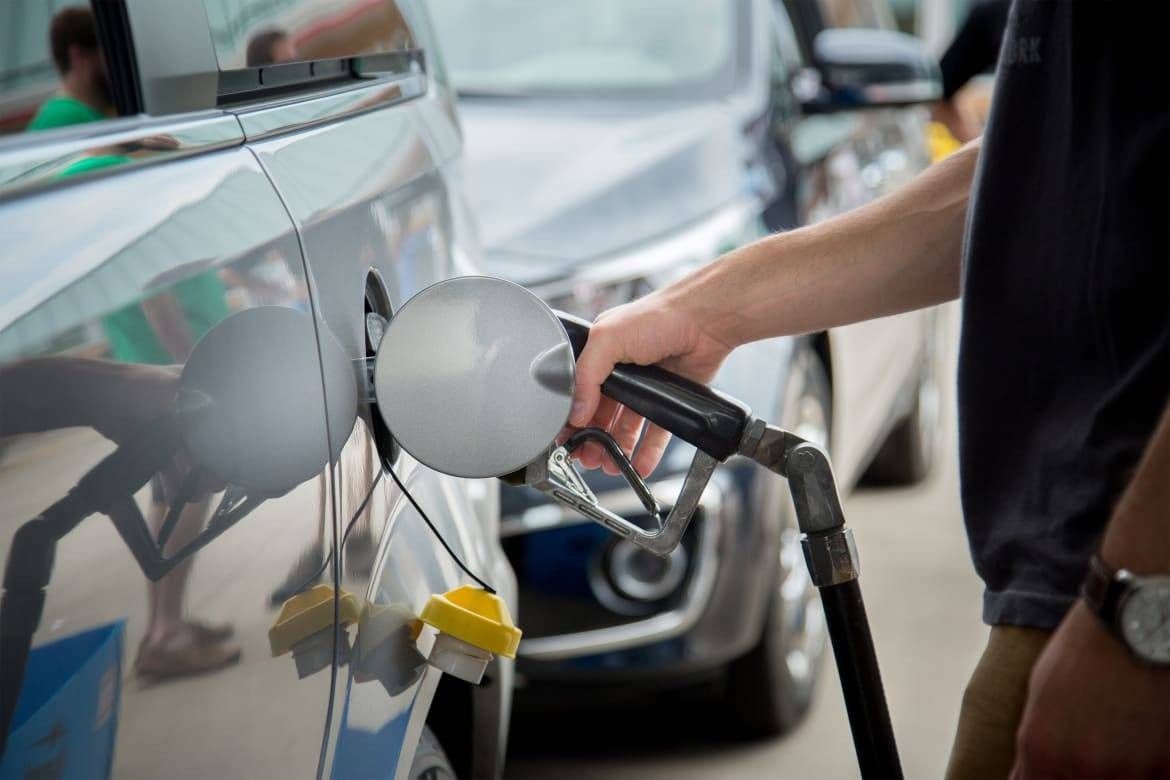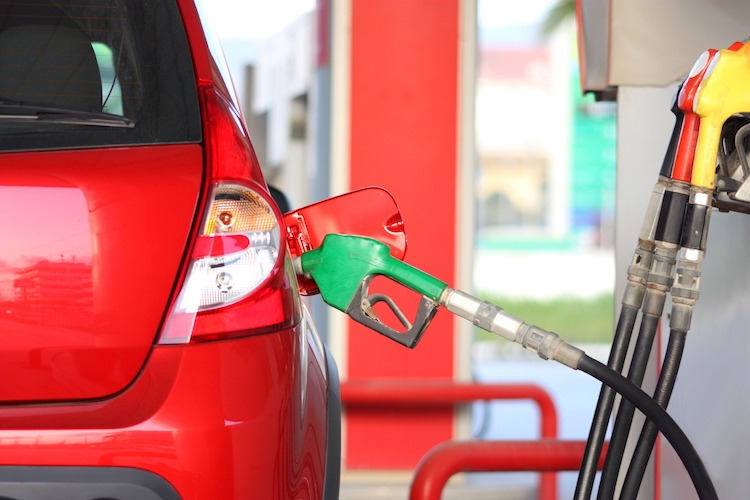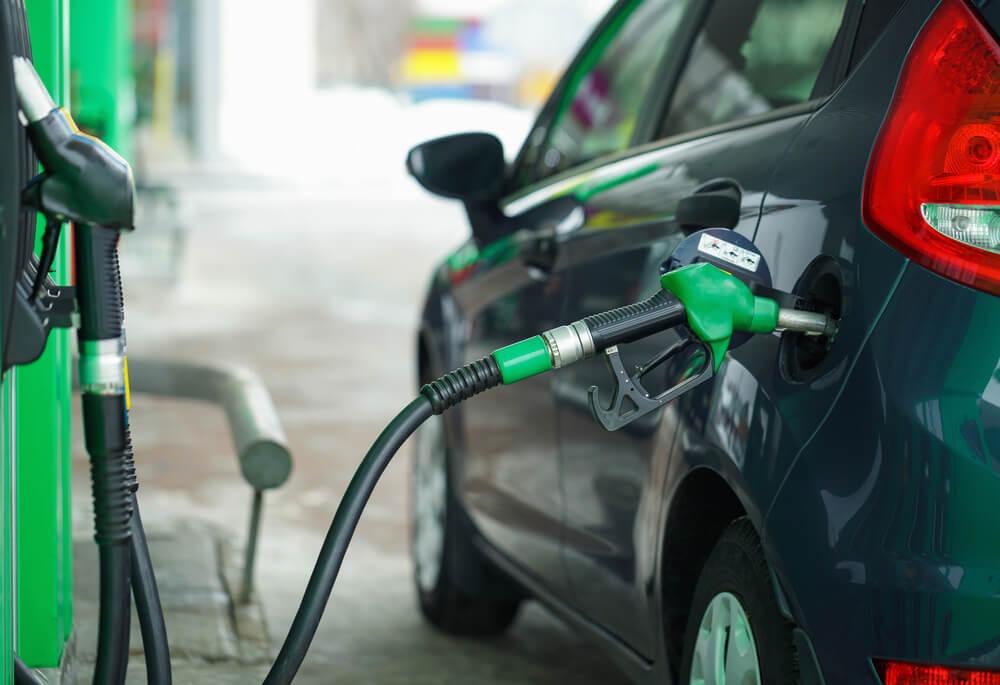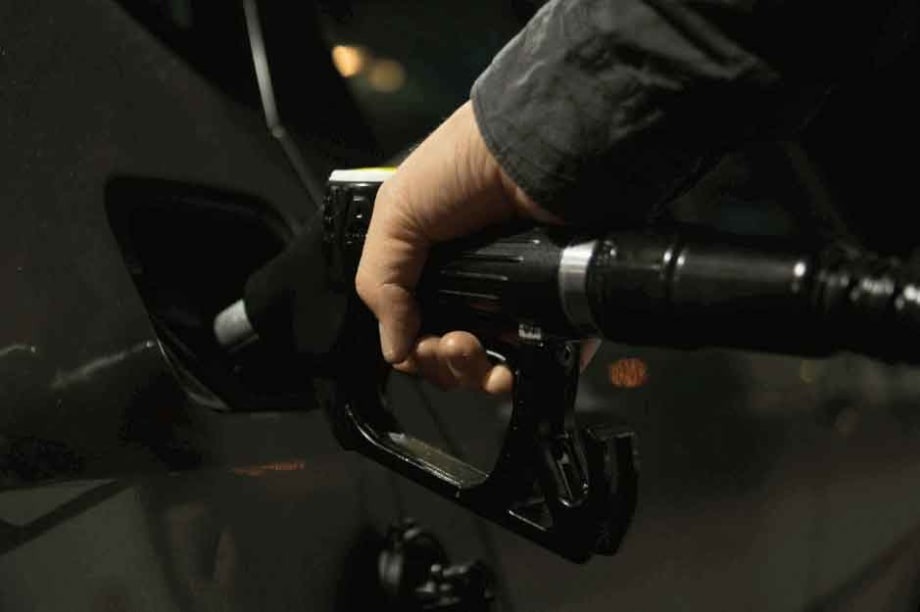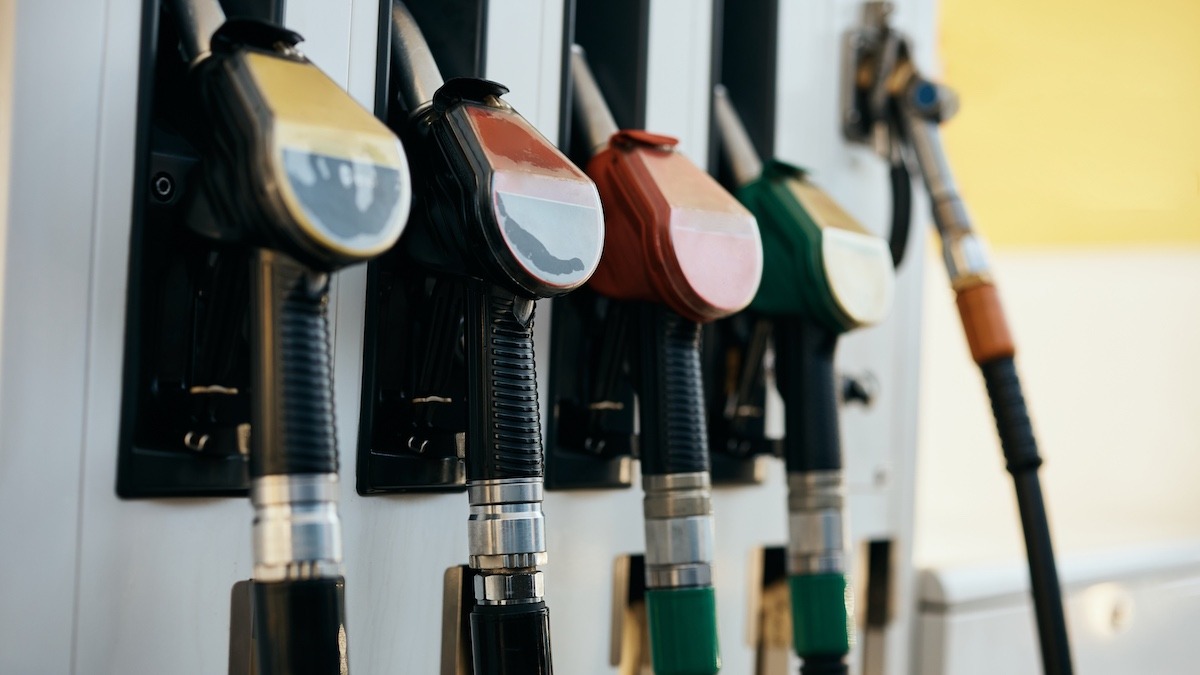How to Choose the Right Type of Gasoline for Your Car?
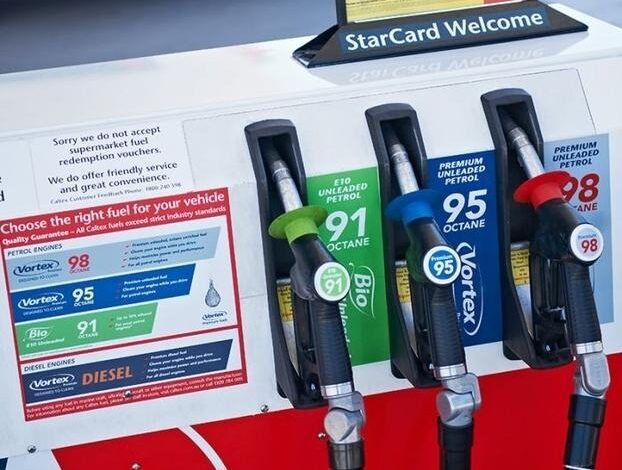
Selecting the correct type of gasoline for your vehicle is a fundamental aspect of maintenance that directly influences its performance and longevity. With a myriad of options available at gas stations, choosing the right fuel can sometimes be a perplexing task for car owners. Understanding the specific needs of your vehicle, its engine requirements, and the implications of different fuel types is crucial for optimal functioning.
In this comprehensive guide, we will navigate through the intricacies of choosing the appropriate gasoline for your car. From deciphering octane ratings to considering your vehicle’s engine design, we will explore the factors that play a pivotal role in making an informed decision at the pump. Whether you’re driving a conventional gasoline-powered car or one with a more advanced engine, this article aims to provide you with the insights needed to make confident and judicious choices regarding the fuel your vehicle consumes. Join us as we demystify the world of gasoline options, empowering you to keep your car running smoothly and efficiently.
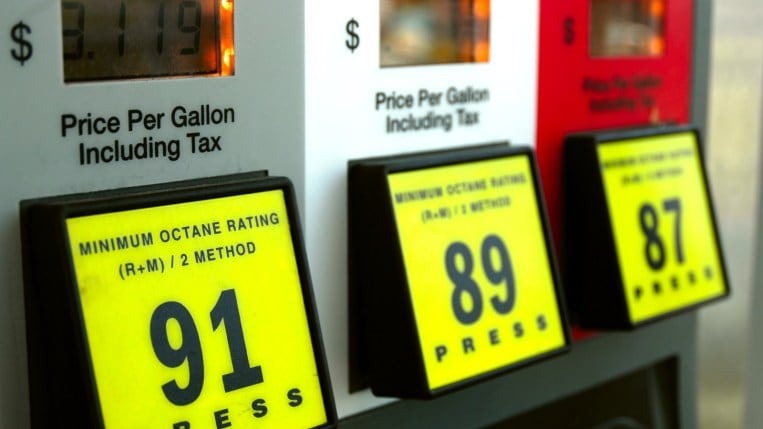
Contents
Understanding Octane Ratings
When it comes to gasoline, you might have noticed different numbers on the pump, such as 87, 89, and 91. These numbers represent the octane ratings of the gasoline. Octane is a measure of a fuel’s resistance to knocking or pinging in a combustion engine. The higher the octane rating, the more resistant the fuel is to premature ignition.
It’s important to note that not all cars require high-octane gasoline. Most vehicles are designed to run efficiently on regular-grade gasoline with an octane rating of 87. However, some high-performance or luxury cars may require premium gasoline with higher octane ratings like 89 or 91.
Consult Your Vehicle’s Owner Manual
The best way to determine the recommended type of gasoline for your car is to consult its owner manual. The manufacturer provides specific guidelines regarding fuel requirements based on the engine’s compression ratio and other factors. The owner manual will clearly state whether your car requires regular-grade or premium-grade gasoline.
If you’ve lost your owner manual or purchased a used vehicle without one, you can often find a digital version on the manufacturer’s website. Failing that, you can contact the manufacturer’s customer service or visit a dealership to obtain the necessary information.
See more: Self-Driving Vehicles and the Safety Challenges Waiting to Be Faced
Consider Your Vehicle’s Requirements
While the manufacturer’s recommendation is crucial, there are a few other factors to consider when choosing the right type of gasoline for your car.
Engine Type
The type of engine in your car can influence the fuel requirements. Turbocharged or supercharged engines, for example, tend to have higher compression ratios and may require premium gasoline to prevent knocking.
Driving Conditions
If you regularly drive in extreme conditions, such as high altitudes or hot climates, you may need to use higher-octane gasoline. These conditions can increase the likelihood of knocking, and using a higher octane fuel can help prevent engine damage.
Towing or Heavy Loads
If you frequently tow trailers or carry heavy loads in your vehicle, it puts additional strain on the engine. In such cases, using higher-octane gasoline can help prevent knocking and maintain optimal performance.
Debunking Common Myths
There are several misconceptions surrounding gasoline and its impact on a car’s performance. Let’s debunk some of these common myths:
Myth: Higher Octane Fuel Provides Better Performance
Contrary to popular belief, using a higher octane fuel than what your car requires will not improve its performance. In fact, it may even lead to decreased fuel efficiency and increased emissions. Always follow the manufacturer’s recommendation for optimal performance.
Myth: Premium Gasoline Cleans the Engine Better
Some people believe that premium gasoline contains more additives that clean the engine better than regular gasoline. However, both types of gasoline contain similar detergents that help keep the engine clean. The key to maintaining a clean engine is regular maintenance and using fuel from reputable sources.
Myth: Premium Gasoline Provides Better Fuel Economy
Using premium gasoline will not provide better fuel economy unless your car specifically requires it. In most cases, using a higher octane fuel than necessary will not yield any noticeable benefits in terms of fuel efficiency.
Tips for Saving Money on Gasoline
While choosing the right type of gasoline is crucial for your car’s performance, it’s also important to consider ways to save money on fuel costs. Here are a few tips:
Compare Prices
Compare gasoline prices at different stations in your area before refueling. Websites and apps like GasBuddy can help you find the cheapest options nearby.
Use Fuel Rewards Programs
Many gas stations offer rewards programs that allow you to earn points or discounts on fuel purchases. Sign up for these programs and take advantage of any savings they offer.
Maintain Proper Tire Pressure
Keeping your tires properly inflated can improve fuel efficiency and save you money in the long run. Check your tire pressure regularly and inflate them to the recommended levels.
Practice Fuel-Efficient Driving Habits
Avoid aggressive acceleration and braking, as these can waste fuel. Instead, practice smooth acceleration and maintain a steady speed whenever possible to maximize fuel efficiency.
Regular Vehicle Maintenance
Performing regular maintenance such as oil changes, air filter replacement, and spark plug checks can keep your engine running efficiently and optimize fuel consumption.
Decoding Drivetrain Dynamics: Better Understand Automotive Transmission Systems and How to Maintain Them
Choosing the right type of gasoline for your car is crucial for maintaining its performance and longevity. Understanding octane ratings, consulting your vehicle’s owner manual, considering additional requirements, and debunking common myths are all important steps in making an informed decision about your car’s fuel needs. By following these guidelines and implementing money-saving tips, you can ensure that your car runs smoothly while keeping fuel costs under control.
See more at: Topcarr

